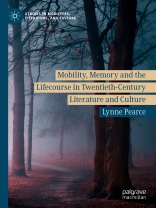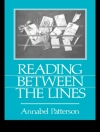This book explores the formative role of mobilities in the production of our close relationships, proposing that the tracks—both literal and figurative— we lay down in the process play a crucial role in generating and sustaining intimacy. Working with diaries, journals and literary texts from the mid- to late-twentieth century, the book pursues this thesis through three phases of the lifecourse: courtship (broadly defined), the middle years of long-term relationships and bereavement. Building upon the author’s recent research on automobility, the text’s case studies reveal the crucial role played by many different types of transport—including walking—in defining our most enduring relationships. Conceptually, the book draws upon the writings of the philosopher, Henri Bergson, the anthropologist, Tim Ingold and the geographer, David Seamon, engaging with topical debates in cultural and emotional geography (especially work on landscape, memory and mourning), mobilities studies and critical love studies.
Tabla de materias
1. Introduction.- 2. Theorising Mobility, Movement, Memory—and Love.- 3. “Walking Out”: The Mobilities of Courtship.- 4. Staying With/in: The Mobilities of Long-Term Relationships.- 5. Pilgrimage: The Mobilities of Mourning.- 6. Afterword: Twenty-First-Century Perspectives.
Sobre el autor
Lynne Pearce is Professor of Literary and Cultural Theory at Lancaster University, UK. She is also Director for the Humanities at Lancaster’s Centre for Mobilities Research (Ce Mo Re).












